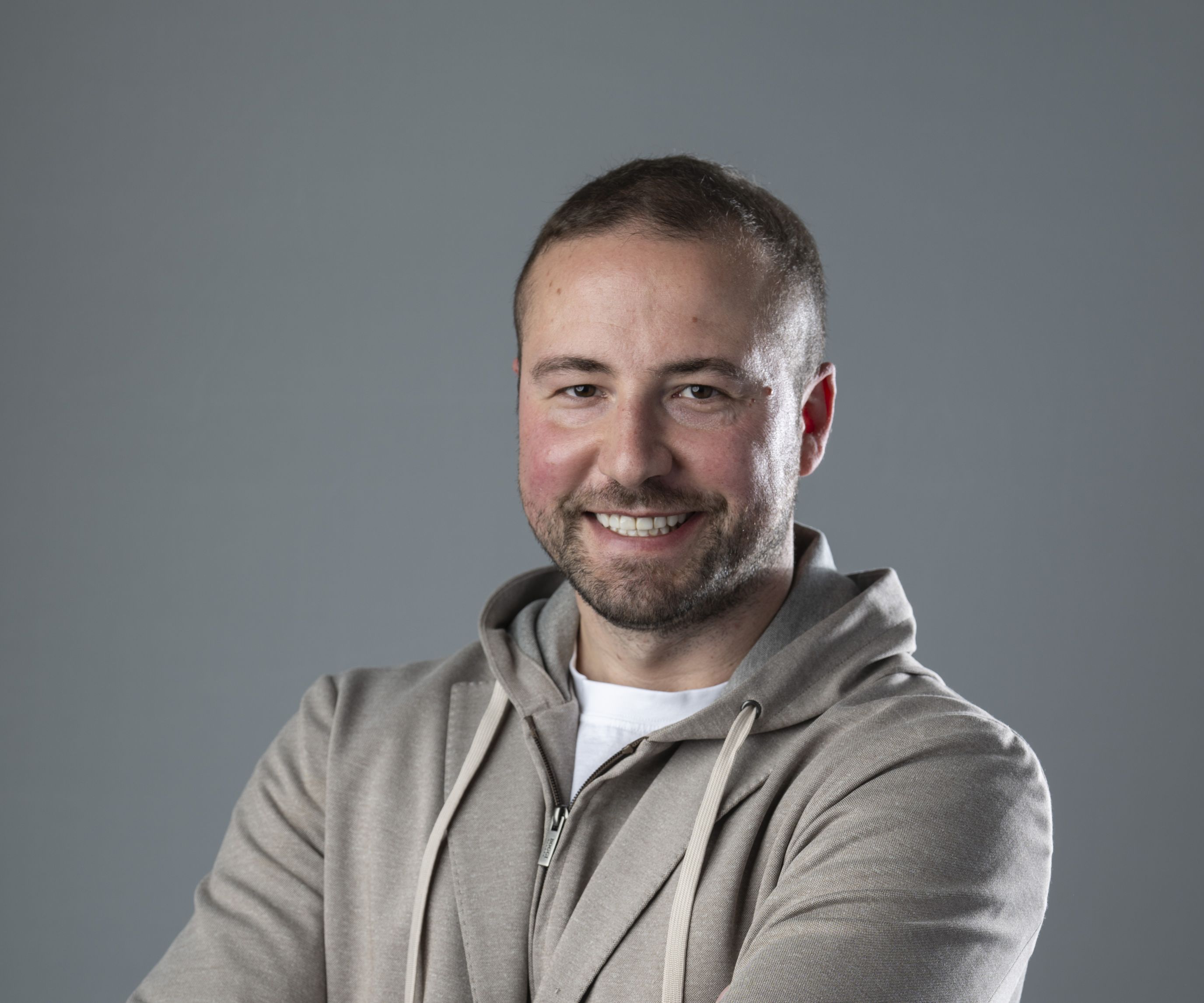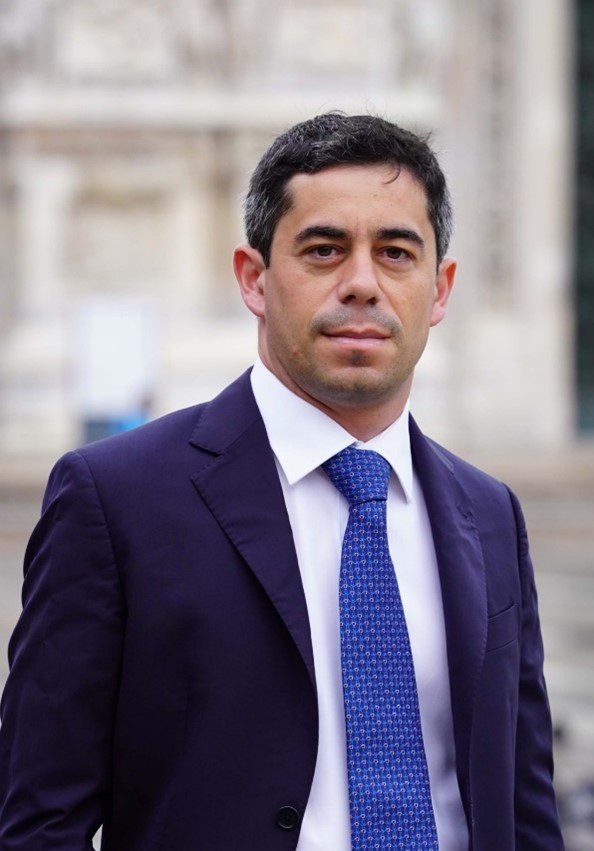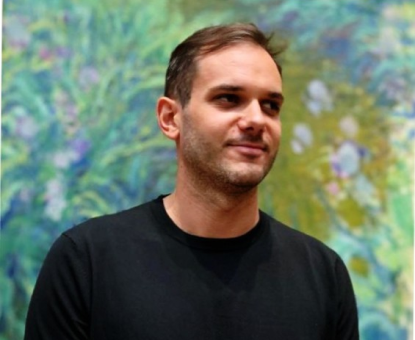.jpg )
.jpg )
Gennaro Bisesti is the GM of Europ Assistance Italy
Balancing Mission with Metrics: You emphasize “mission over metrics” and frontline obsession. How do you ensure that deep customer engagement doesn't conflict with aggressive commercial KPIs as CCO?
Most metrics are short-term—quarterly revenue, daily SLAs, conversion rates. The mission allows us to look beyond and make choices that compound over years. Teams still deliver on KPIs, but in ways that strengthen long-term outcomes like customer lifetime value, trust, and innovation. The mission acts as a compass; metrics are milestones along the way.
For instance, during Covid in 2020 at Europ Assistance Italia, in the travel insurance business, we saw volumes decrease. We chose to retain all key people and investments, accepting a drop in efficiency and profitability. The goal was to preserve the company’s skills and capacity for innovation and change. This approach paid off: we later achieved strong double-digit growth compared to pre-Covid levels and expanded market share.
Transforming Large-Scale Operations: Transitioning from COO to GM, how have you maintained operational agility during transformation programs—especially amid M&A or legacy systems?
As COO, I focused on day-to-day execution—making sure processes ran smoothly, KPIs were met, and strategy was implemented. As GM, I also think long-term: designing a strategic plan, allocating resources to the changes I want to drive, and leaving the rest for business-as-usual. The team then manages trade-offs. Clear strategy ensures change produces results and opportunities are not lost, while a strong team sustains daily operations.
For example, during my time at Generali Italia post-merger (2012–2014), we aimed for full commercial and operational integration of five brands: Generali, INA, Toro, Lloyd, and Augusta. We created a detailed plan with clear timelines and allocated the resources needed for integration, while leaving the remaining tasks to the team to manage within available resources. This approach ensured alignment, focus, and accountability while maintaining operational continuity.
Leading Under Legacy Brand Expectations: How do you push reinvention while preserving a 60-year brand heritage and trust?
The brand is what people think of you when you are not around. For Europ Assistance, this is a significant asset: decades of delivering protection, support, and reliability have built trust that cannot be easily replicated. Preserving this perception is critical—every move, innovation, or transformation must reinforce, not undermine, that trust.
The company’s core values—care for people, responsiveness, reliability, and innovation—guide all decisions. Innovation is necessary to incorporate new technologies, adapt to market trends, and meet evolving customer expectations. Most long-standing companies possess brand equity tested over time. Protecting it is both a competitive advantage and a responsibility. Reinvention becomes a natural evolution of trust, not a disruption, allowing the organization to innovate while staying true to its identity and the expectations of those who rely on it.
Sustainability of Continuous Learning - How do you cultivate a learning culture without compromising short-term results?
Today’s pace of change is so fast that every manager must invest in themselves to stay effective—like a doctor attending conferences to keep up to date. Learning is essential to remain relevant.
The same principle applies to organizations. Lifelong learning preserves experience while combining it with the latest trends, technologies, and insights. People should enjoy learning, but it must also be a clear expectation—an essential milestone in their career.
During my time at Europ Assistance Italia in 2024, I introduced a mandatory AI training with modules tailored by role and seniority. This ensured everyone had the foundation to apply AI responsibly. Embedding learning like this helps both individuals and the organization adapt, innovate, and make informed decisions, while preserving the value of accumulated experience.
Recent Post
Copyright © 2026, NOVA - Italian MBA Association
Website Designed and developed by Theme Nepal





